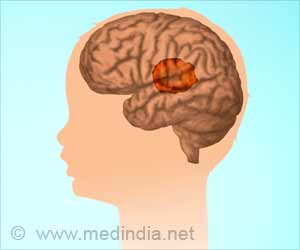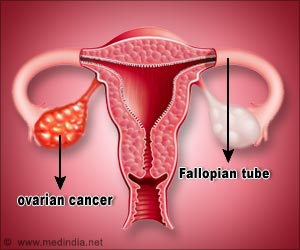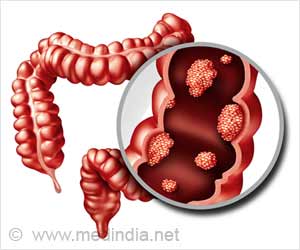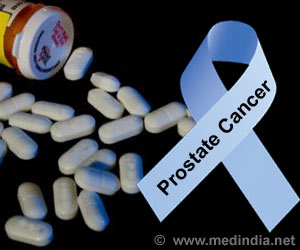A new study has indicated that childhood cancer survivors are much less likely to say I do at the altar than their normal classmates.
A new study has indicated that childhood cancer survivors are much less likely to say "I do" at the altar than their normal classmates.
Emotional problems and continuing health concerns could be some of the reasons why the adults were less likely to get married than those who had not had cancer, the researchers suggest.Survivors are 20 to 25 percent more likely "to never marry" compared with siblings and the general population, according to findings published in Cancer Epidemiology, Biomarkers and Prevention, a journal of the American Association for Cancer Research.
"Many childhood cancer survivors still struggle to fully participate in our society because of the lasting cognitive and physical effects of their past cancer therapy," said lead researcher Nina S. Kadan-Lottick, M.D., M.S.P.H., assistant professor at Yale School of Medicine and Yale Cancer Center, and medical director of the Health Education, Research and Outcomes for Survivors (HEROS) Clinic for childhood cancer survivors.
Using data from the Childhood Cancer Survivor Study, a retrospective cohort of more than 10,000 childhood cancer survivors (who are now adults) treated at 26 institutions around the country, Kadan-Lottick and colleagues evaluated the frequency of marriage and divorce rates among survivors compared with their sibling group and U.S. Census data.
In the study, researchers distributed surveys to participants to determine late outcomes of therapy, medical problems, subsequent cancers, psychosocial functioning and other aspects of survivorship, according to the researchers.
They identified patients and treatment factors that may predict marital status, including psychosocial distress and neurocognitive impairment.
Advertisement
"These conditions are known to be associated with certain chemotherapy and radiation exposures," the expert added.
Advertisement
Those who survived brain tumors were 50 percent more likely never to marry. Survivors of central nervous system tumors and leukemia had the greatest likelihood of never marrying, according to the study. Cranial radiation was the therapy most associated with not getting married.
Source-ANI
RAS














